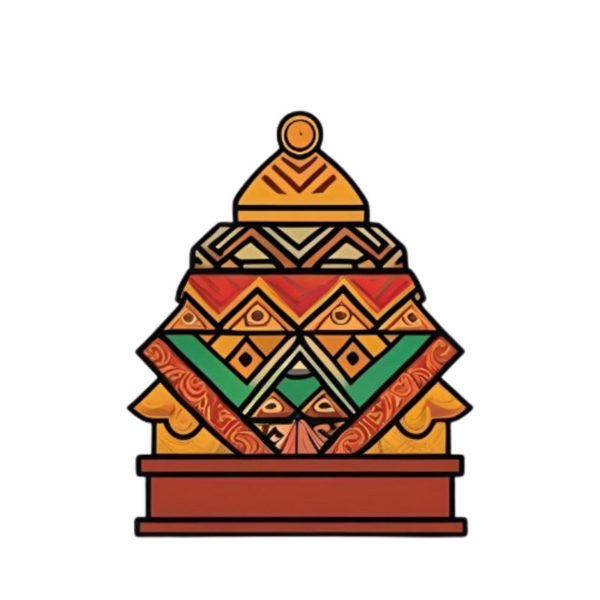
Understanding the Three Types of Suffering in Buddhism
Share
In Buddhist philosophy, suffering (duḥkha) is not limited to moments of obvious pain. The Buddha explained that all beings experience three distinct layers of suffering: the suffering of suffering, the suffering of change, and the suffering of conditioned existence. These three reveal why life in samsara (the cycle of birth and death) is inherently unsatisfactory.
1. The Suffering of Suffering
This is the most obvious form of suffering—the pain we can easily recognize. It includes physical illness, injury, hunger, and emotional struggles such as grief, anger, or heartbreak. When we are sick, lose someone we love, or feel overwhelmed by anxiety, we are directly experiencing the suffering of suffering. It is visible and immediate, but it is only the surface layer.
2. The Suffering of Change
Pleasure and comfort are never permanent. A joyful relationship, a delicious meal, or professional success may bring happiness for a time, but eventually, they shift or fade. What once brought delight can later cause disappointment, loss, or even sorrow. This impermanence is the suffering of change—our attachment to fleeting joys makes us vulnerable when circumstances inevitably alter.
3. The Suffering of Conditioned Existence
The deepest form of suffering is more subtle and pervasive. It refers to the unsatisfactory nature of existence itself, shaped by karma and mental conditioning. Even when we are not in obvious pain or loss, there is an underlying restlessness because everything is impermanent, interdependent, and ultimately unreliable. It is like floating in a boat that is constantly tossed by waves—no matter how calm the water may appear, there is no firm ground.
Why This Matters
Recognizing the three types of suffering helps us look beyond surface discomfort. It shows that liberation (nirvana) is not about extending moments of pleasure or avoiding a few bad days—it is about transcending the very cycle of unsatisfactory existence.
The Buddha’s teaching on the Three Sufferings guides us to cultivate wisdom and compassion, loosening our grip on impermanent experiences and opening the path to genuine peace and freedom.
